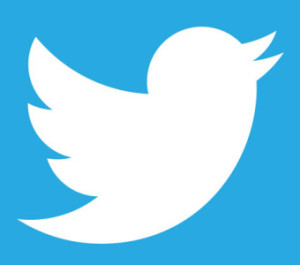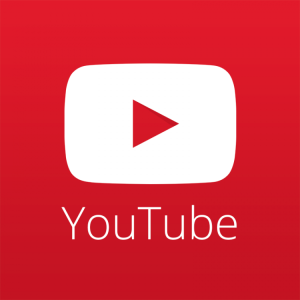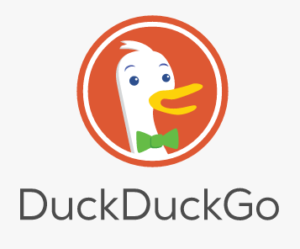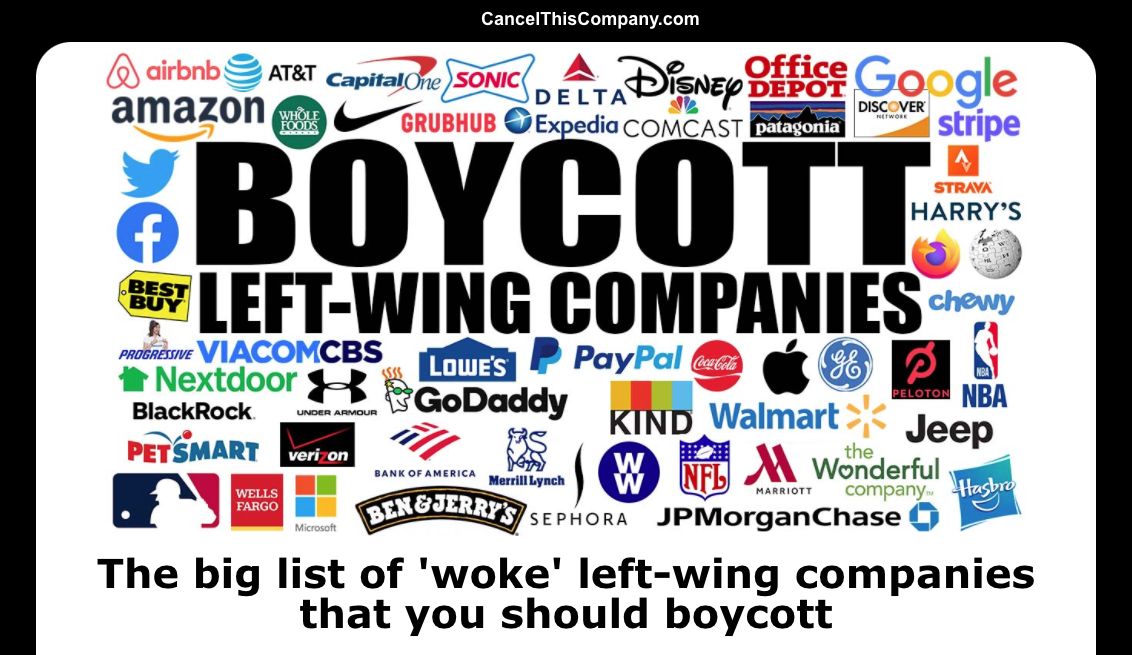Podcast: Play in new window | Download
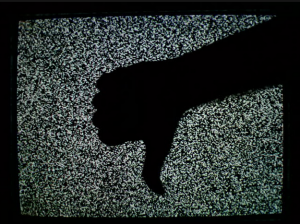 A popular request on platforms like FaceBook has been a “dislike” button to show disapproval or negative reaction to content. The Internet does allow virtually unlimited avenues of content discovery, and the user experience is largely user-directed. Television, in contrast, is heavily controlled and programmed, with the viewer choosing between channels. Where is the call for a “dislike” button (or its equivalent) for television shows, channels, advertisements, and content?
A popular request on platforms like FaceBook has been a “dislike” button to show disapproval or negative reaction to content. The Internet does allow virtually unlimited avenues of content discovery, and the user experience is largely user-directed. Television, in contrast, is heavily controlled and programmed, with the viewer choosing between channels. Where is the call for a “dislike” button (or its equivalent) for television shows, channels, advertisements, and content?
It is true that many internet users have moved largely to The Internet out of their rejection for TV content and the limits of that platform. So, that fact itself – the act of moving from TV to The Internet – is somewhat analogous to pressing a “dislike” button. Their absence also limits the degree to which TV viewers will complain because the have the option of going to The Internet instead of being limited to television content offerings. This has, perhaps, created an environment in which TV content & advertisement creators/programmers have become more willing to place controversial and degenerate content because there will be fewer complaints, and this results in them feeling empowered to to push more propagandistic & PC garbage.
Cable TV tends to come in bundled packages, and negative feedback (especially socially-shared negative feedback like a “dislike” tally”) does not serve the purpose of selling bundles including less popular channels. As many of us have long suggested, Cable TV should offer a la carte options for the few channels a given person is likely to actually watch.
Well, in recent news, YouTube is being courted by the TV Networks that have lost their audience to The Internet, and perhaps some popular Internet platform features like “dislike” buttons may be added to the Network TV experience. How effective will it really be?
Let’s be honest about how we can gauge the value and efficacy of TV viewer feedback: When so much television content is rejected by the viewing masses to the point the viewers get off the couch and revolt to have it removed from the air, and prove it by no longer paying for Cable TV… Anything else is simply a hint at a suggestion to the TV networks on how they can more slyly abuse your patronage. As TV and Internet start to see increasing crossover and possibly merge in the coming years, will TV be as easily rejected? Will The Internet remain an escape from the tentacles of Television programmers?






